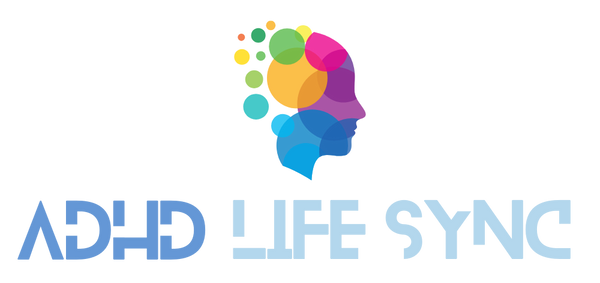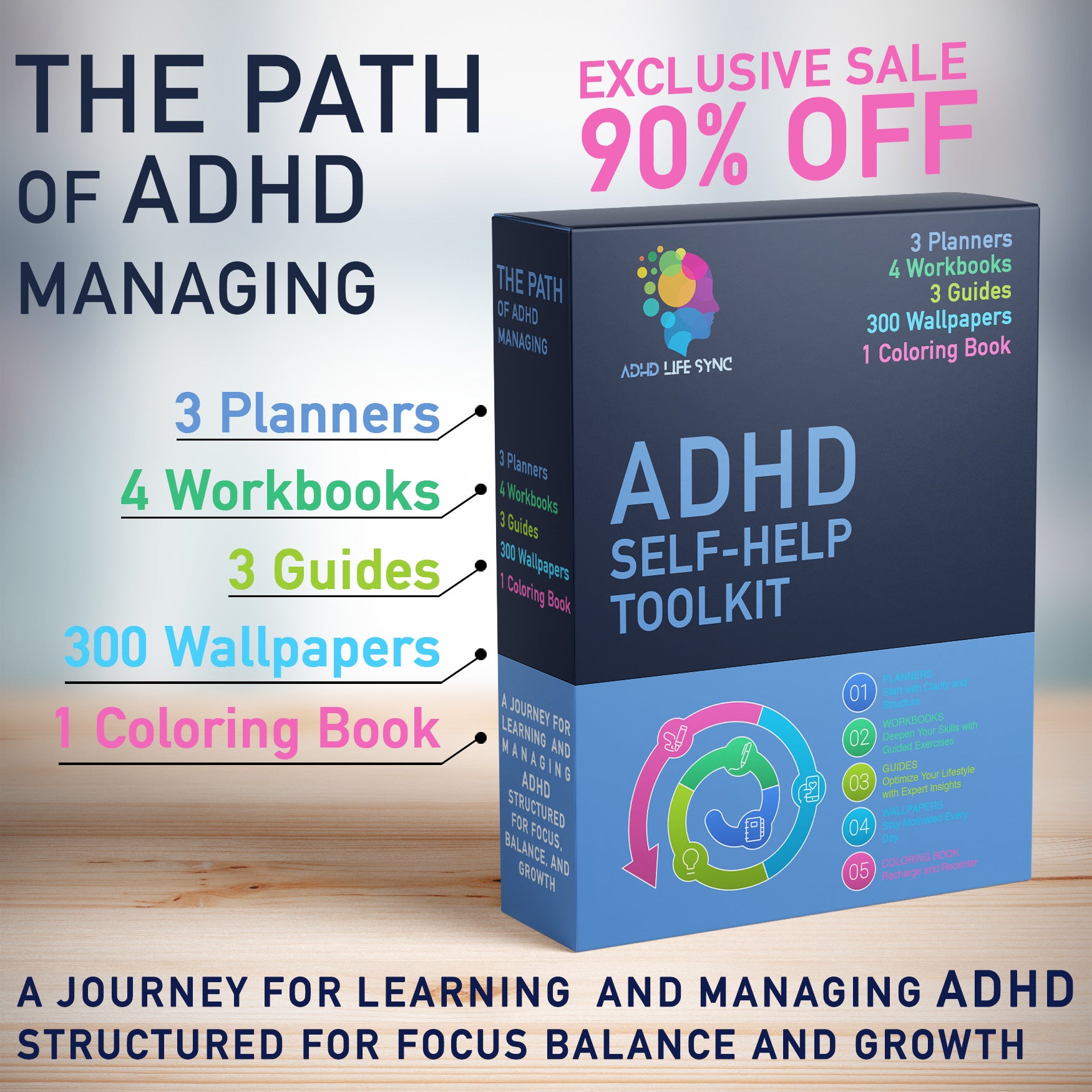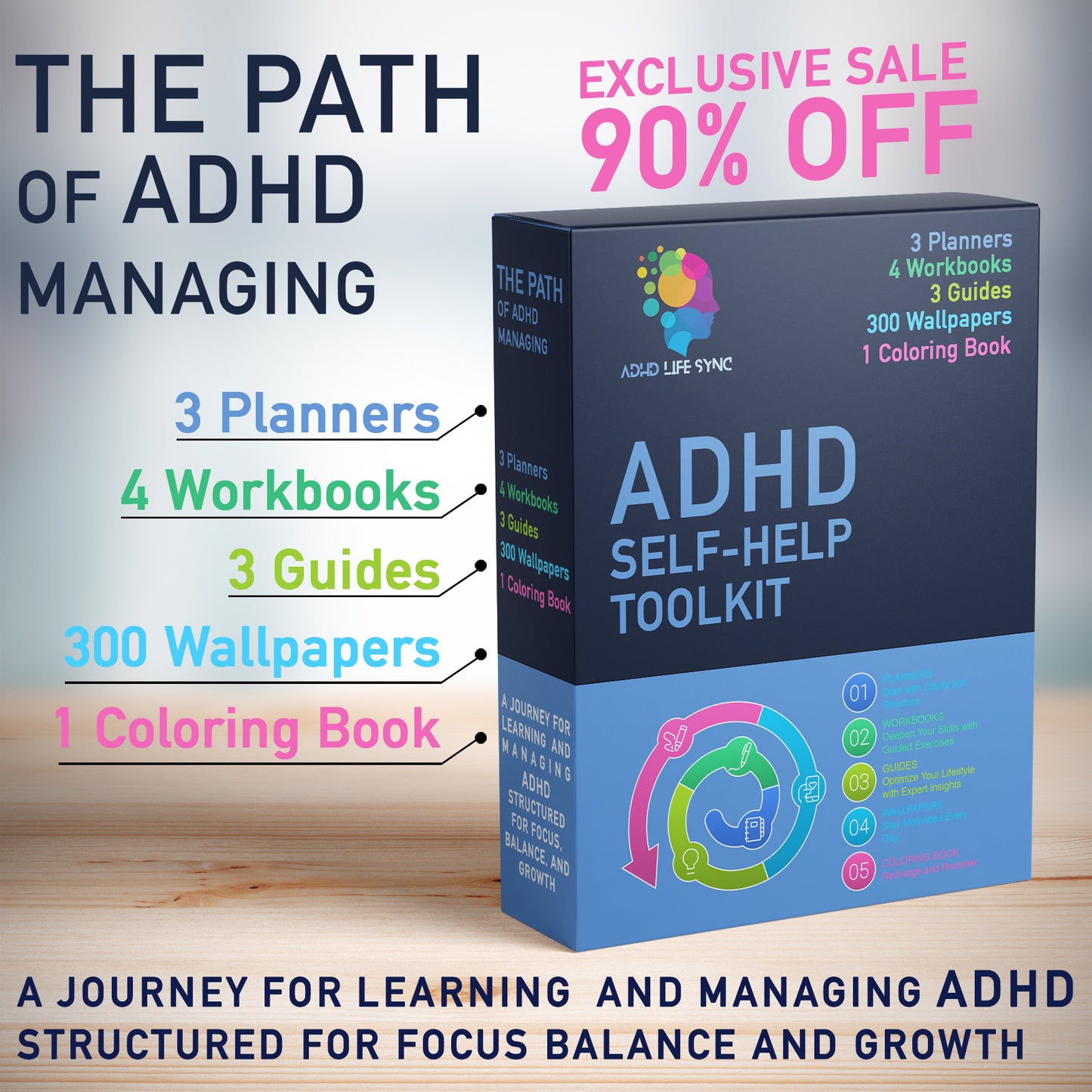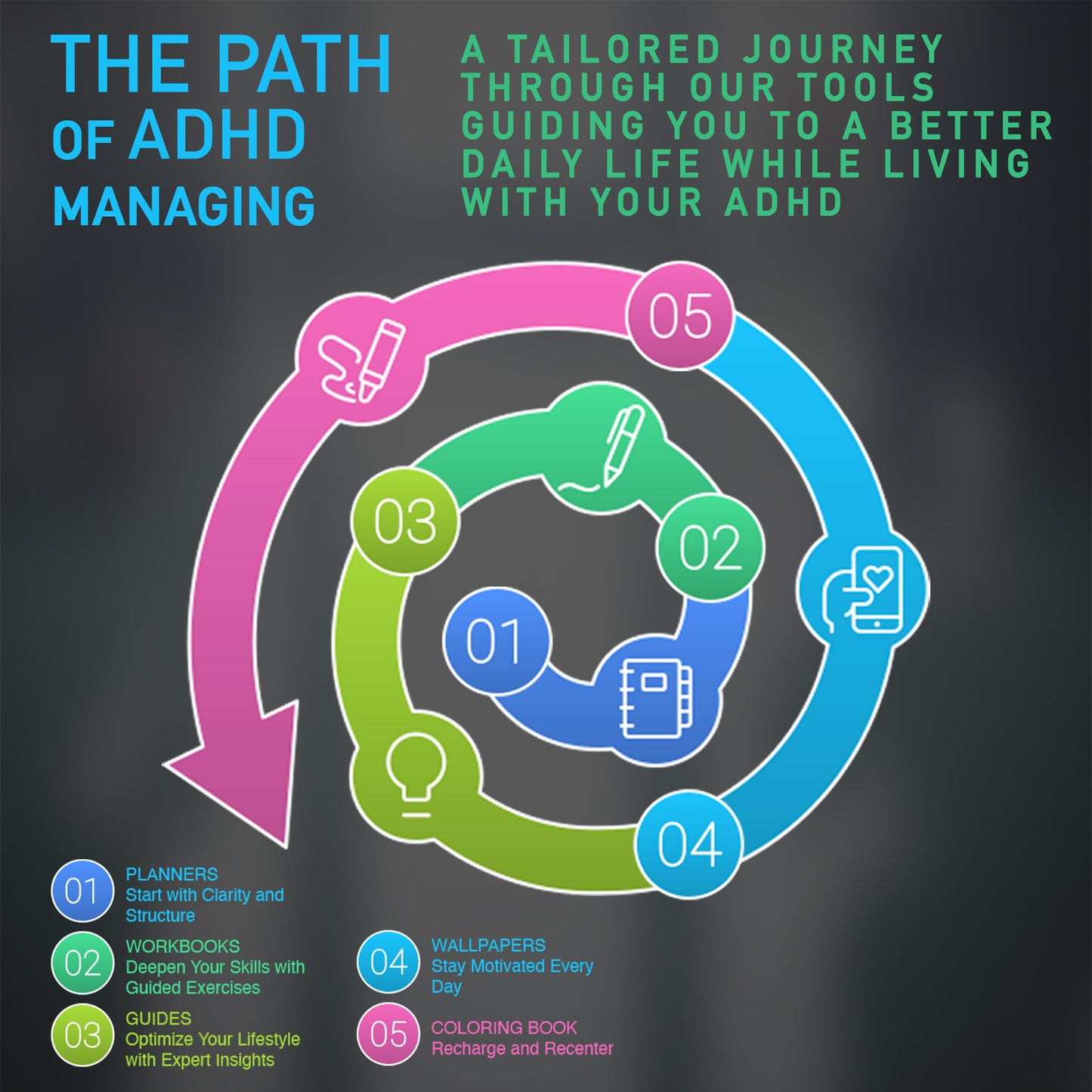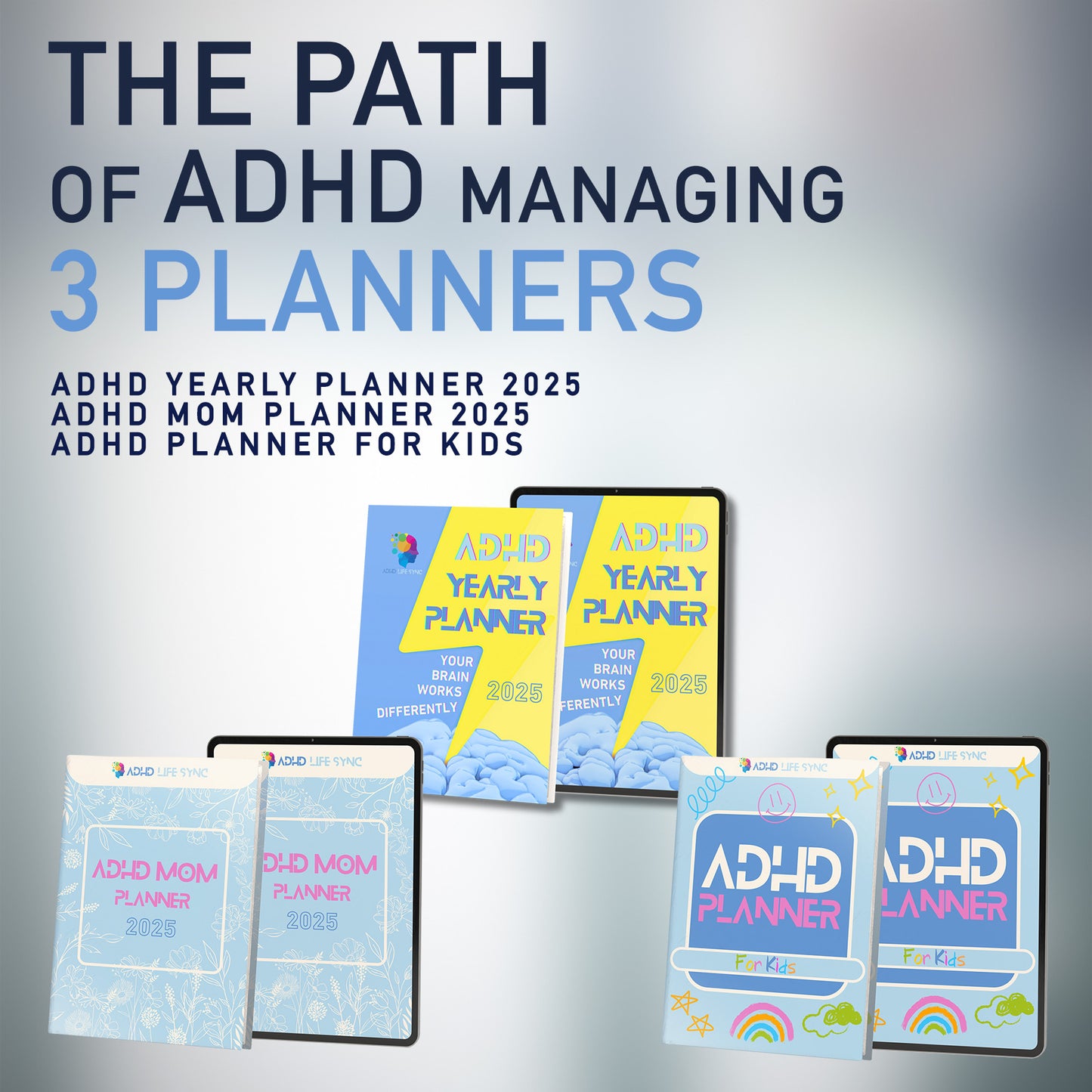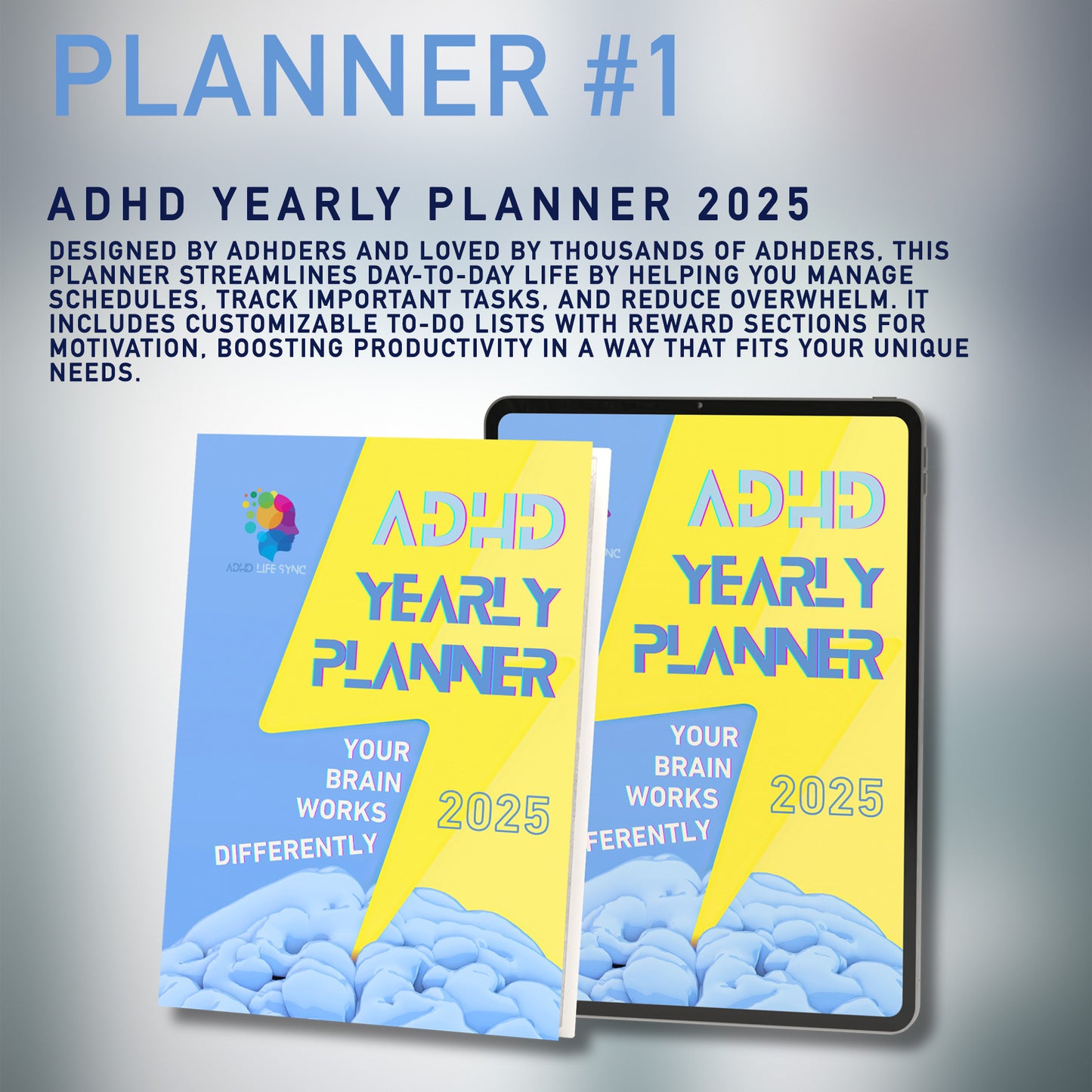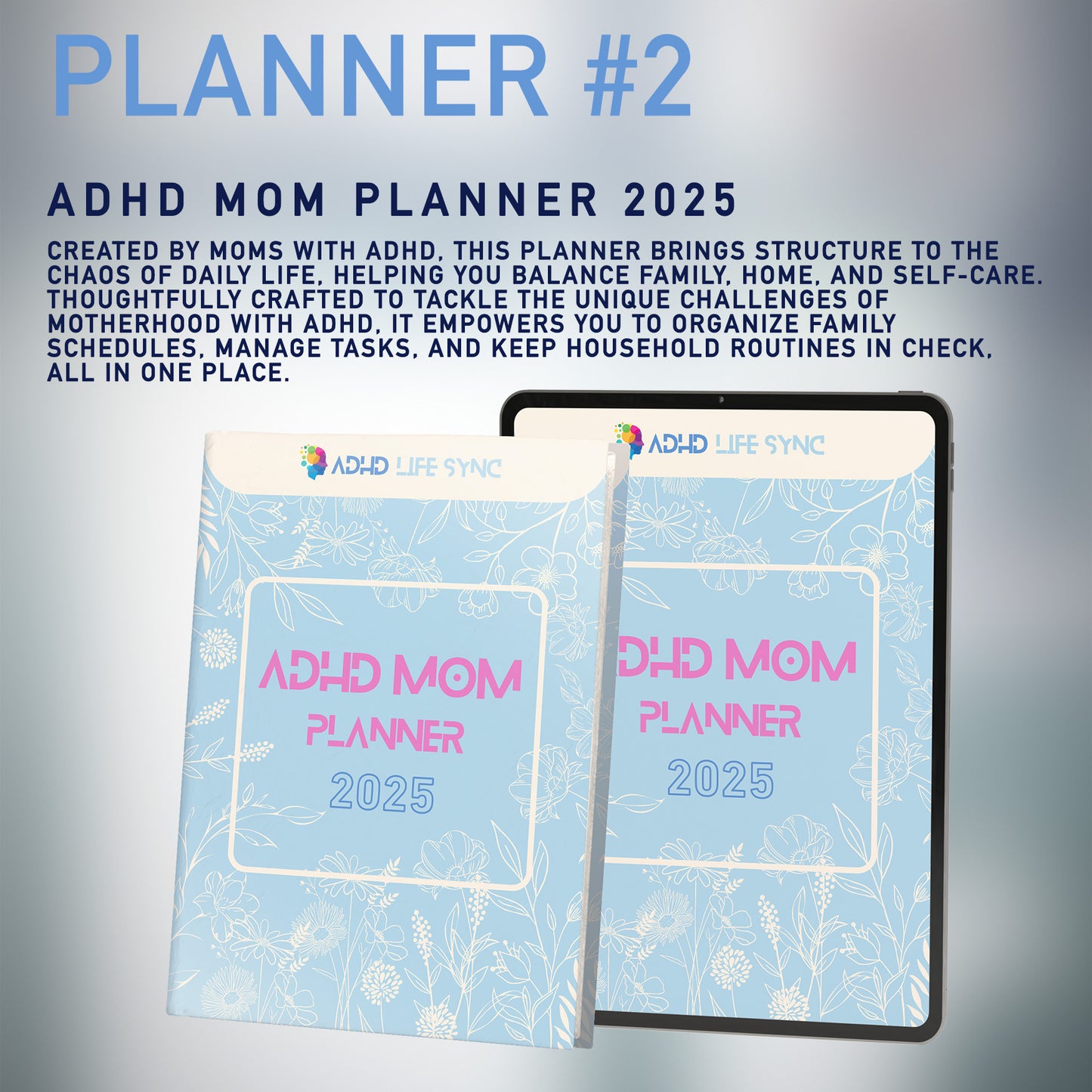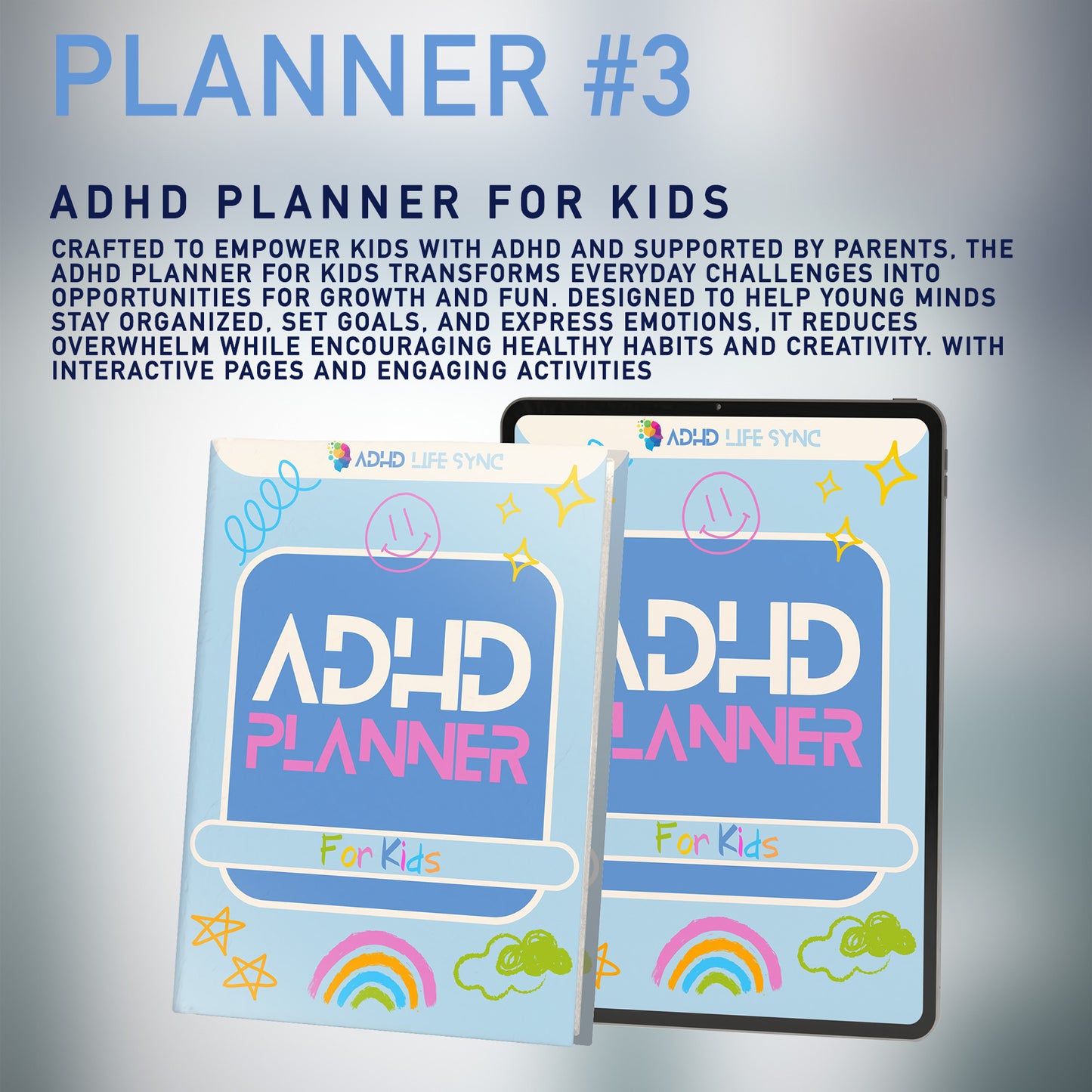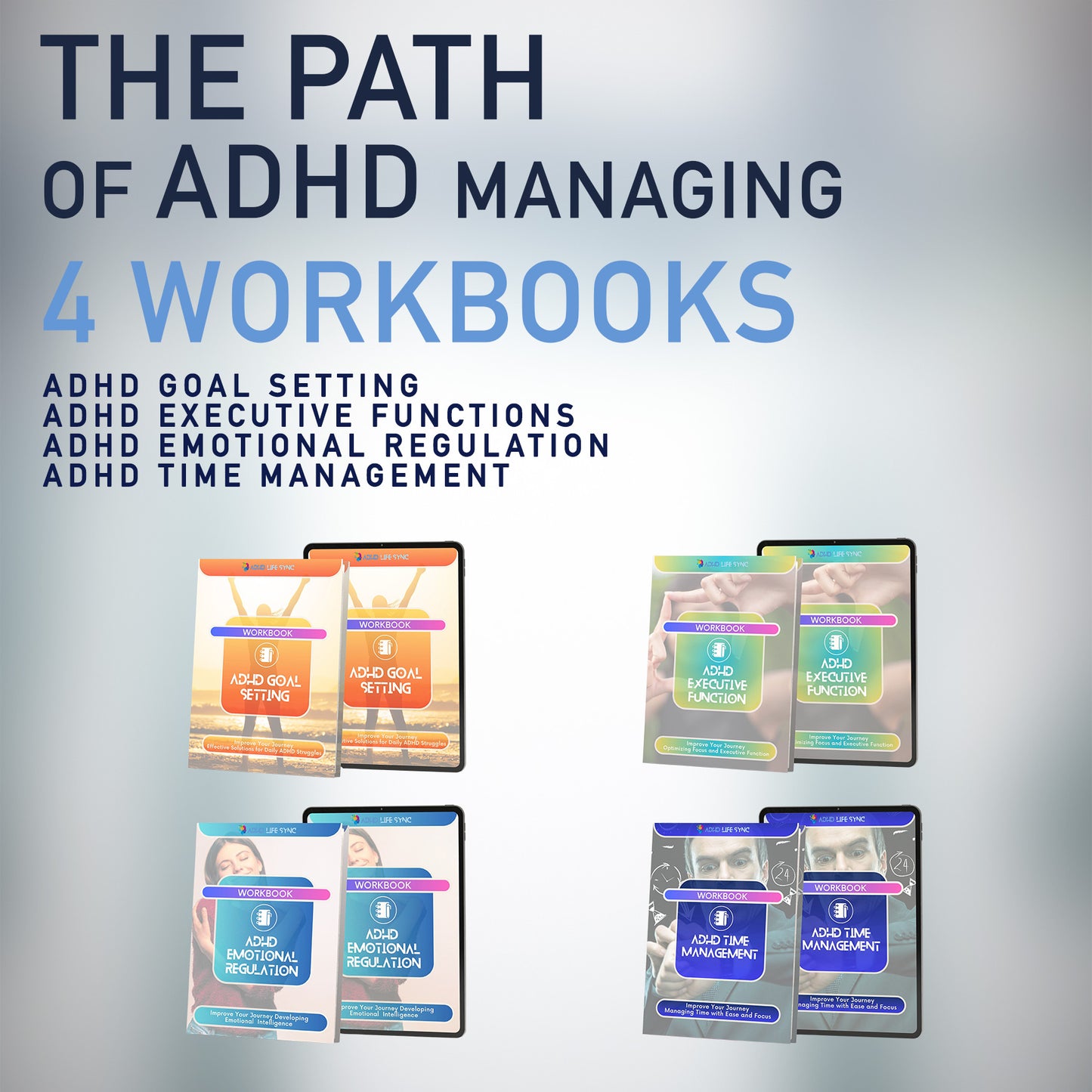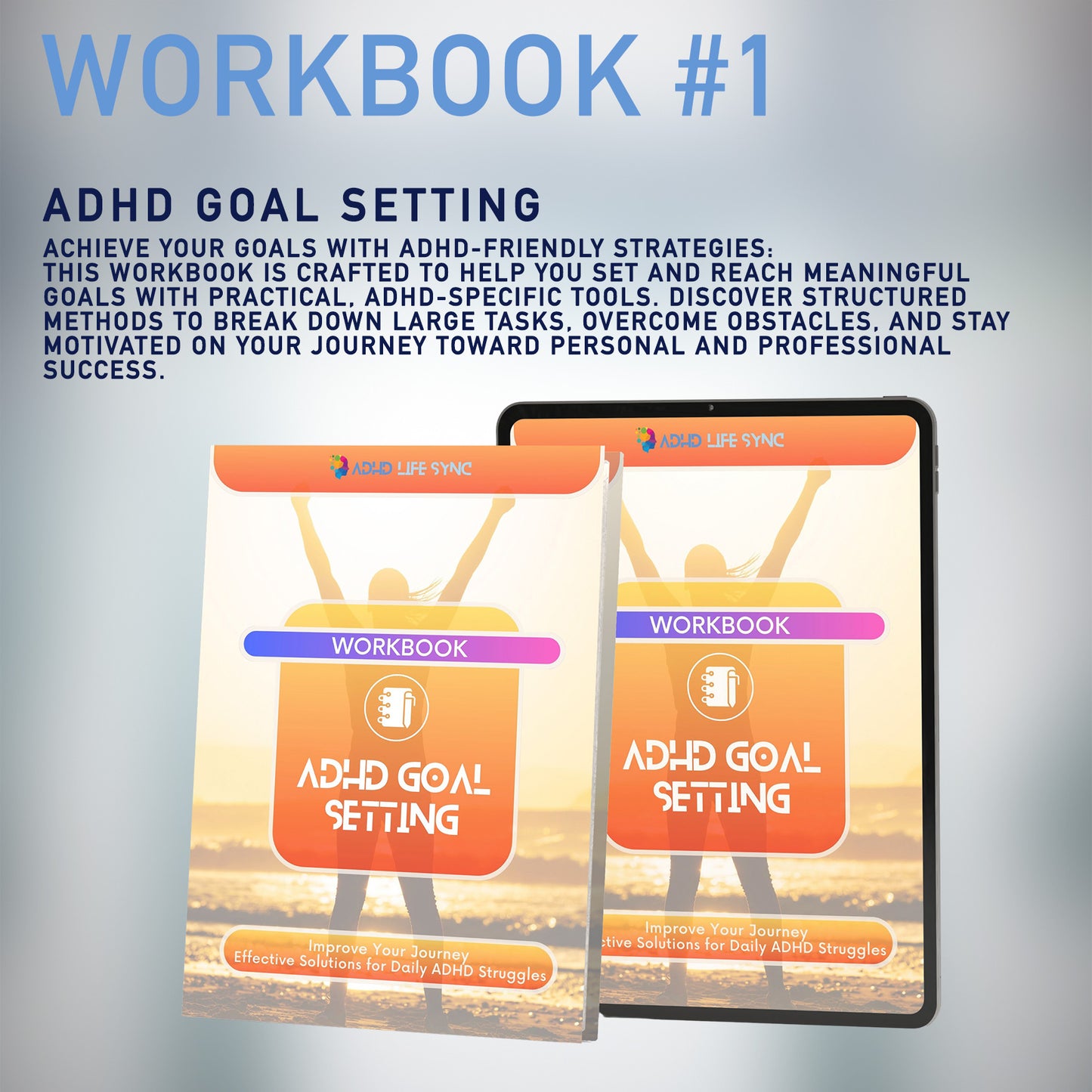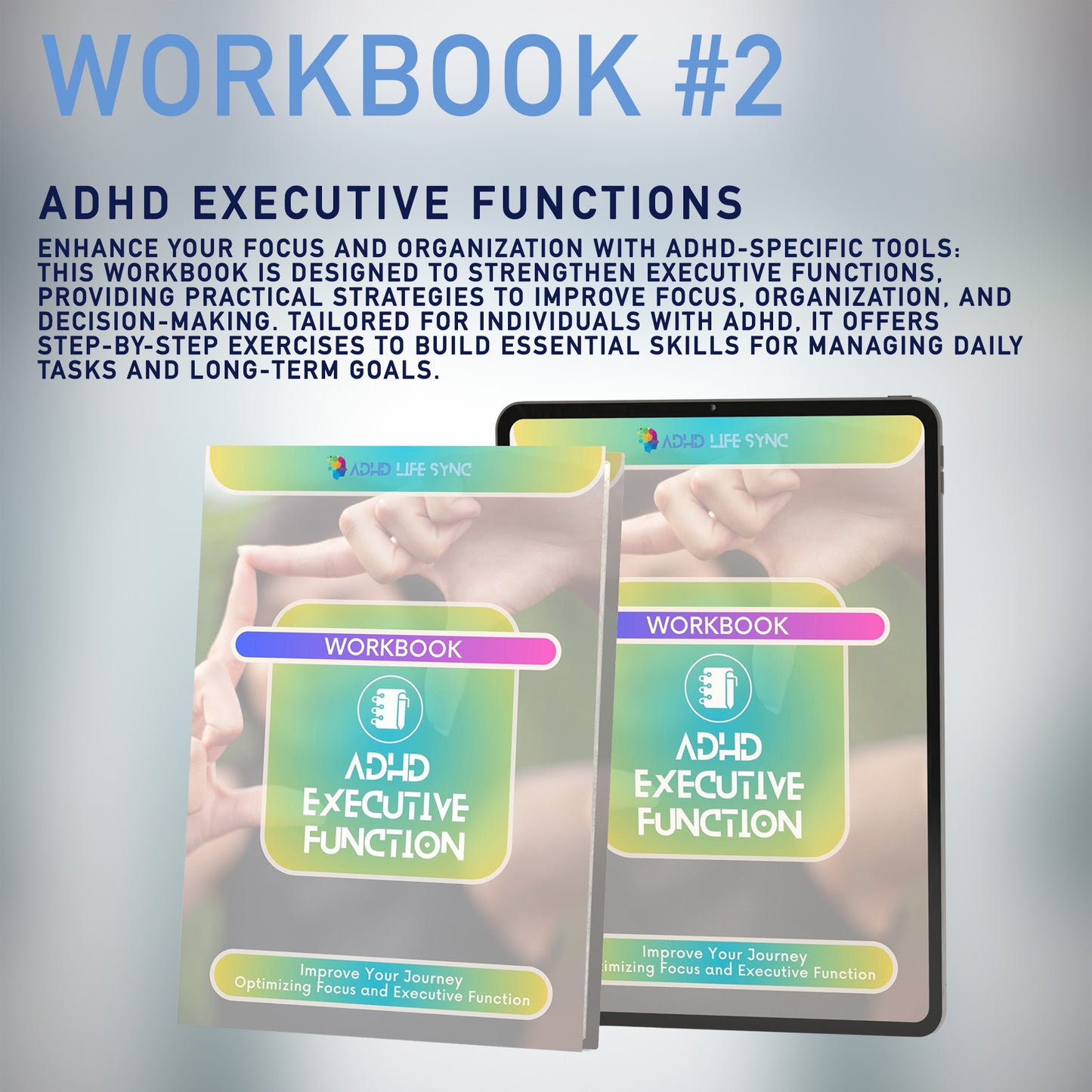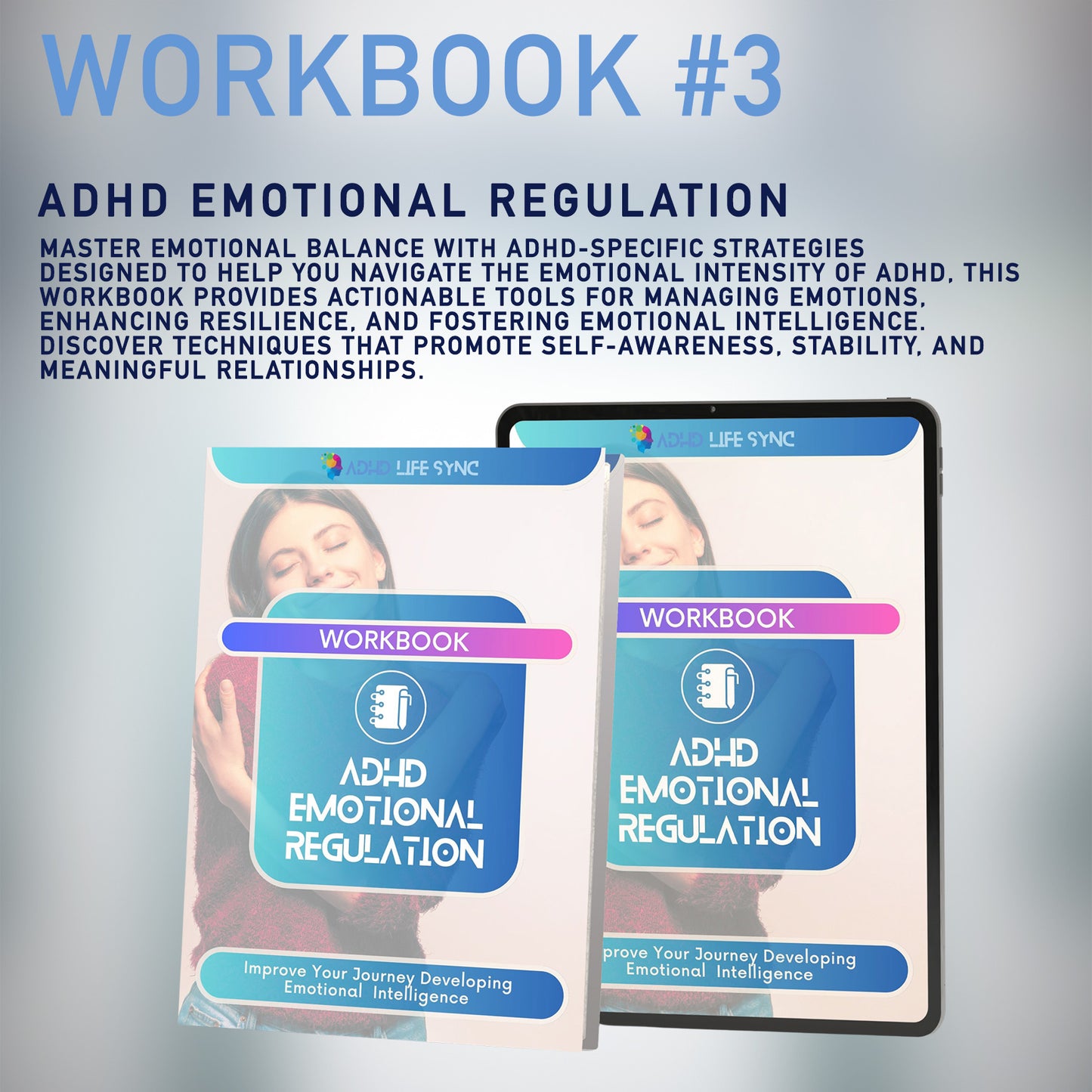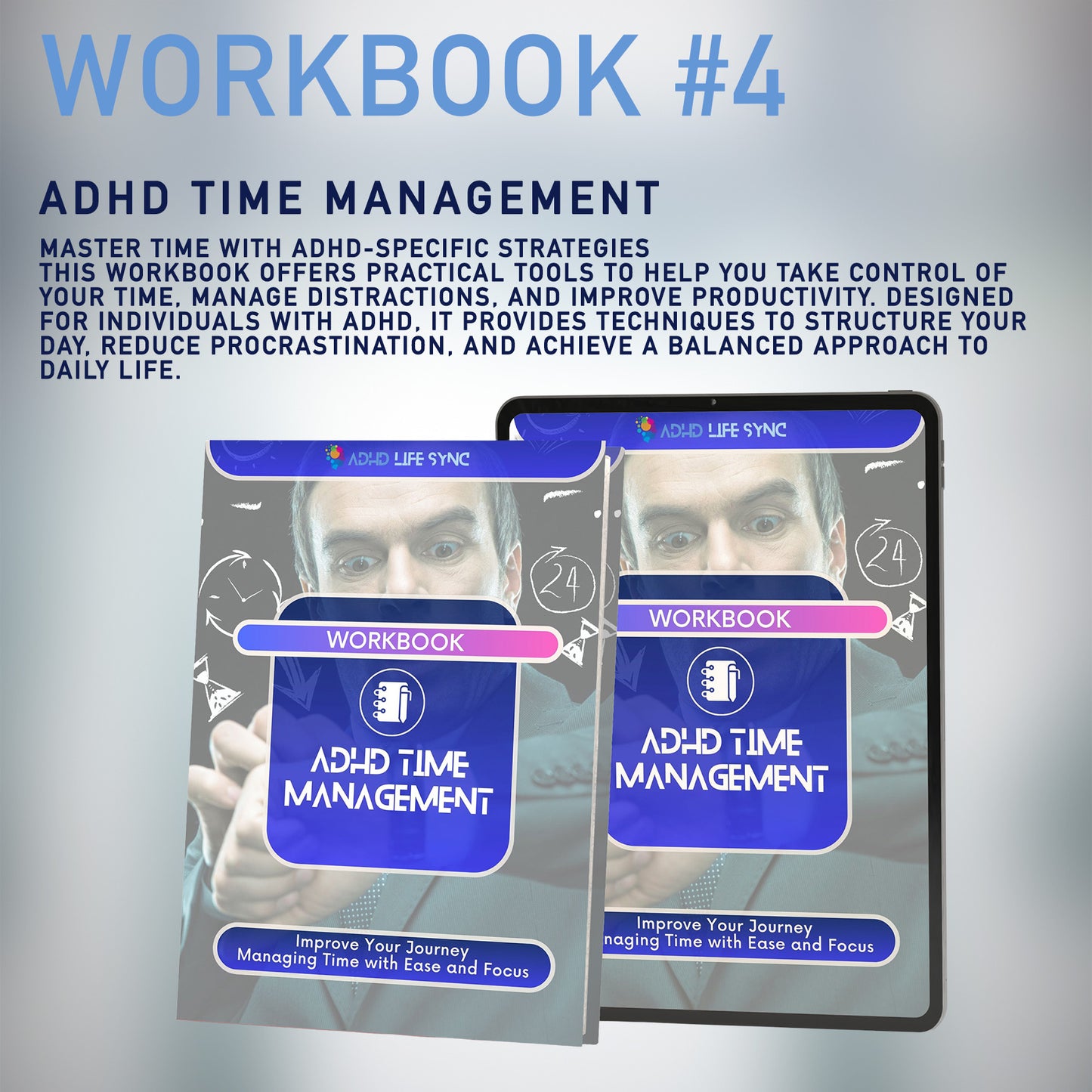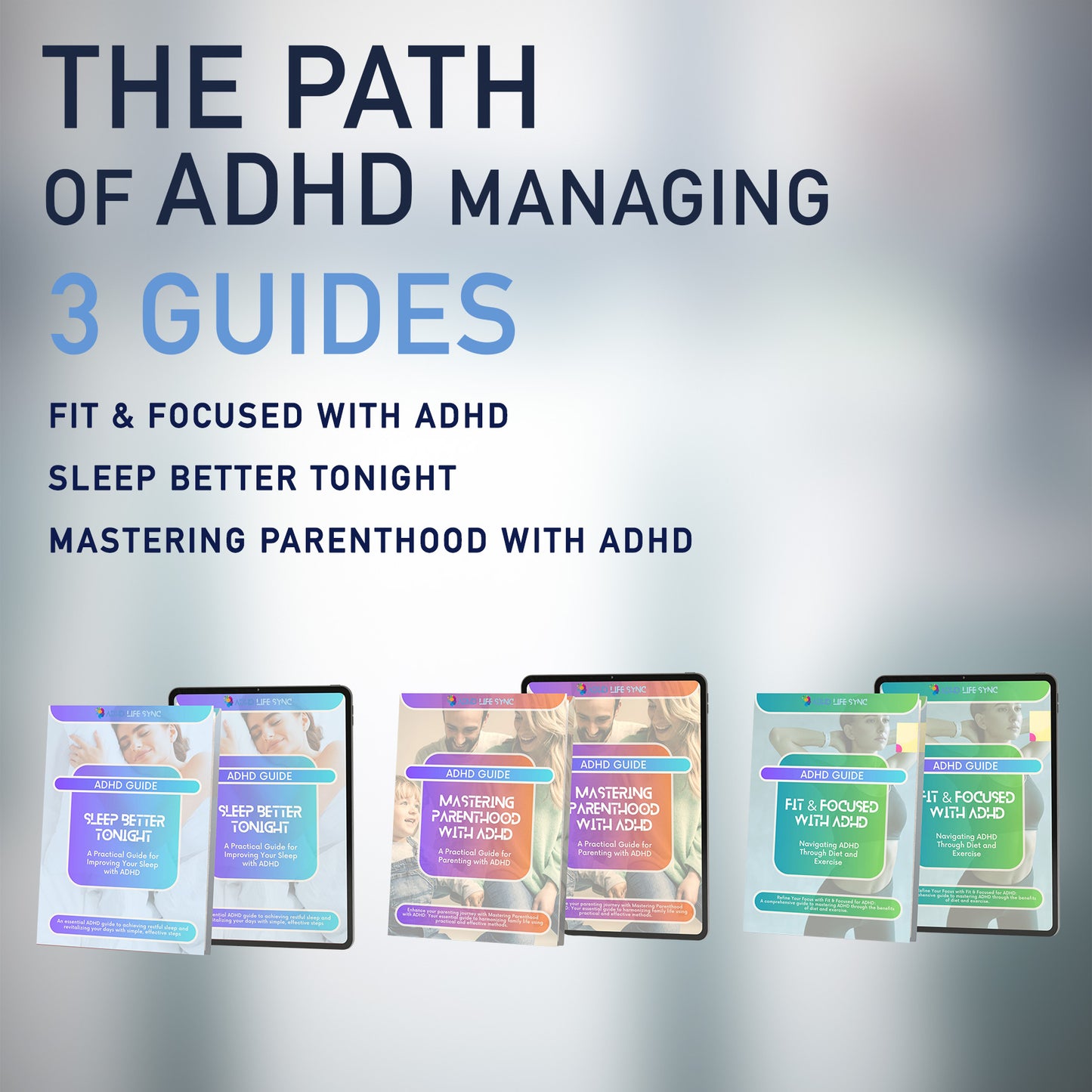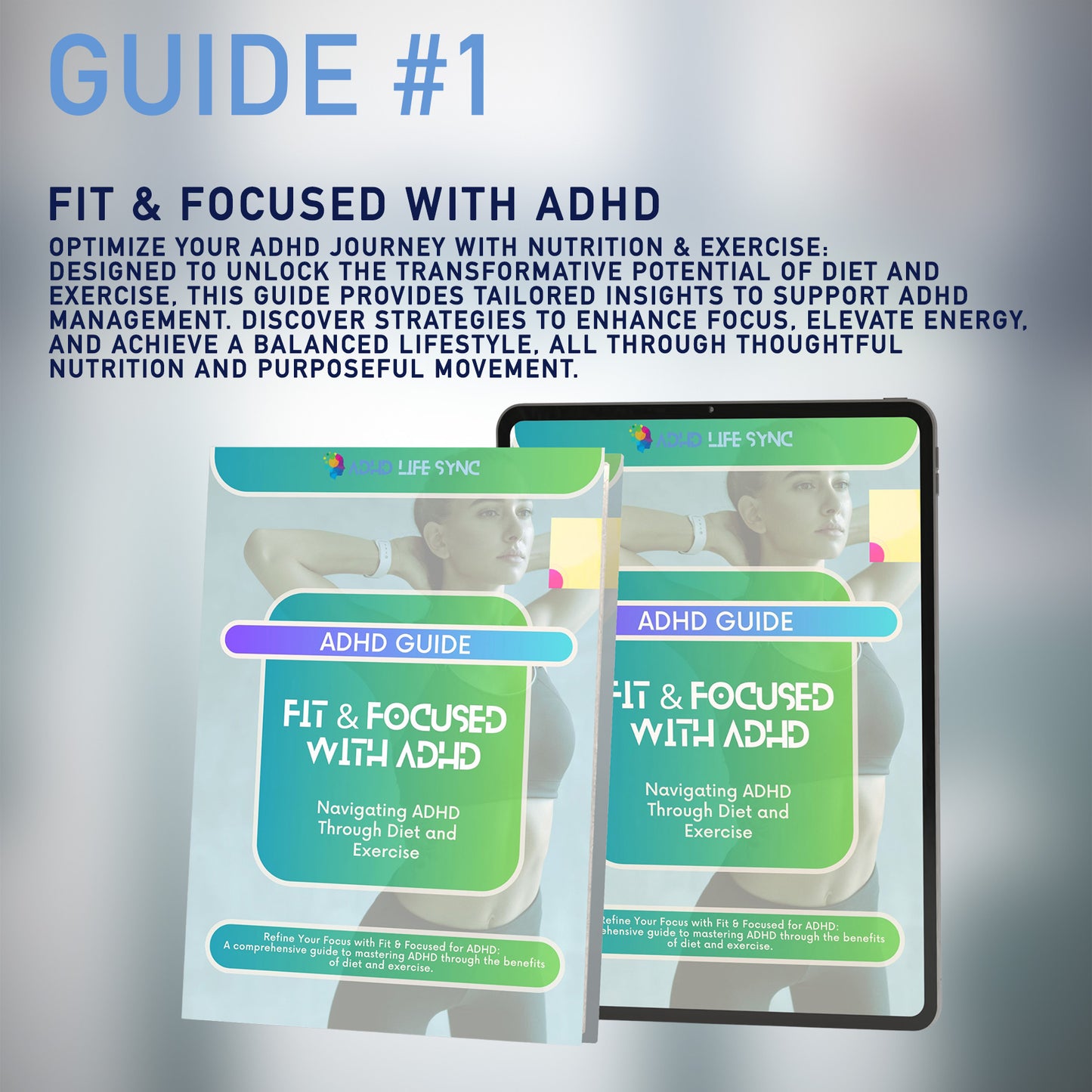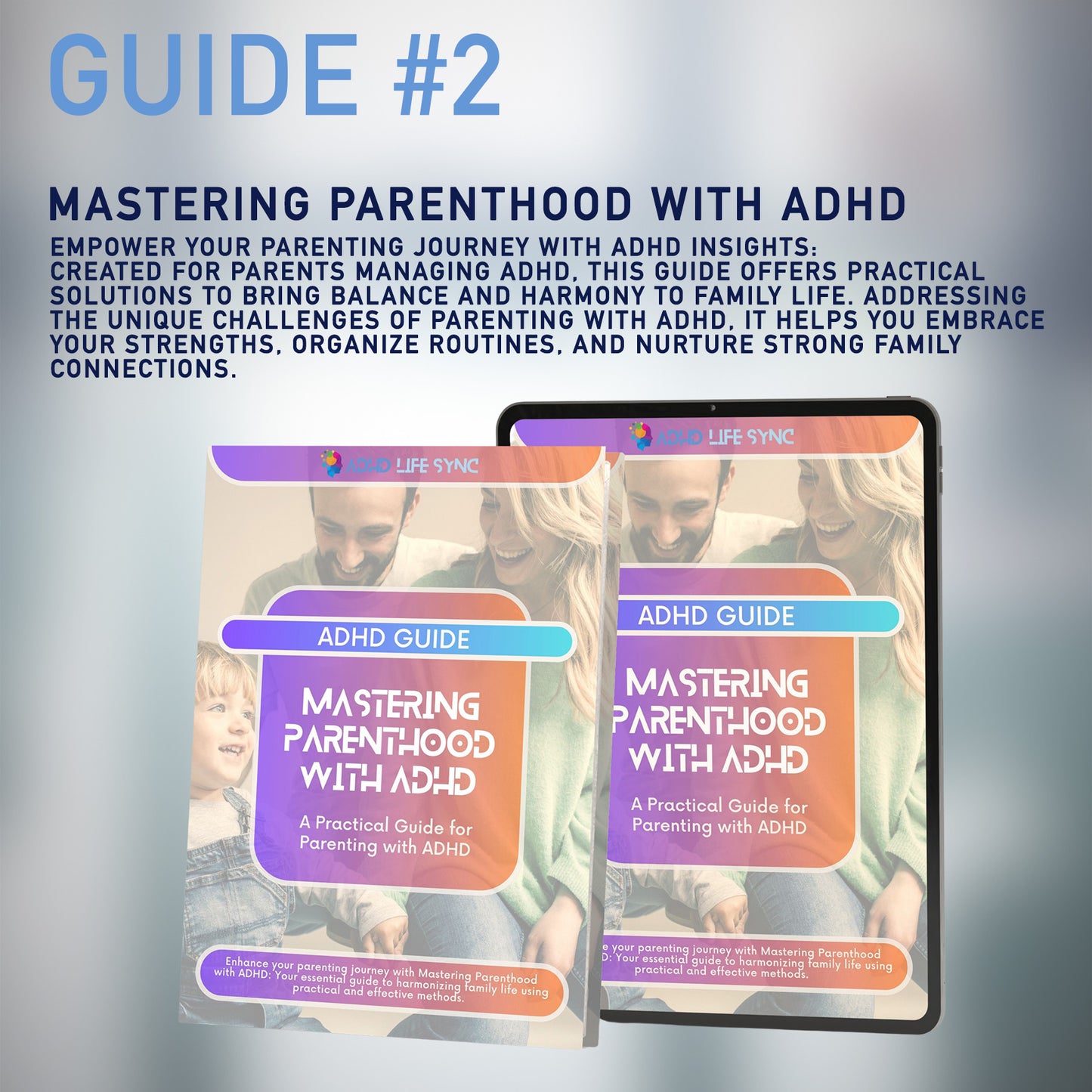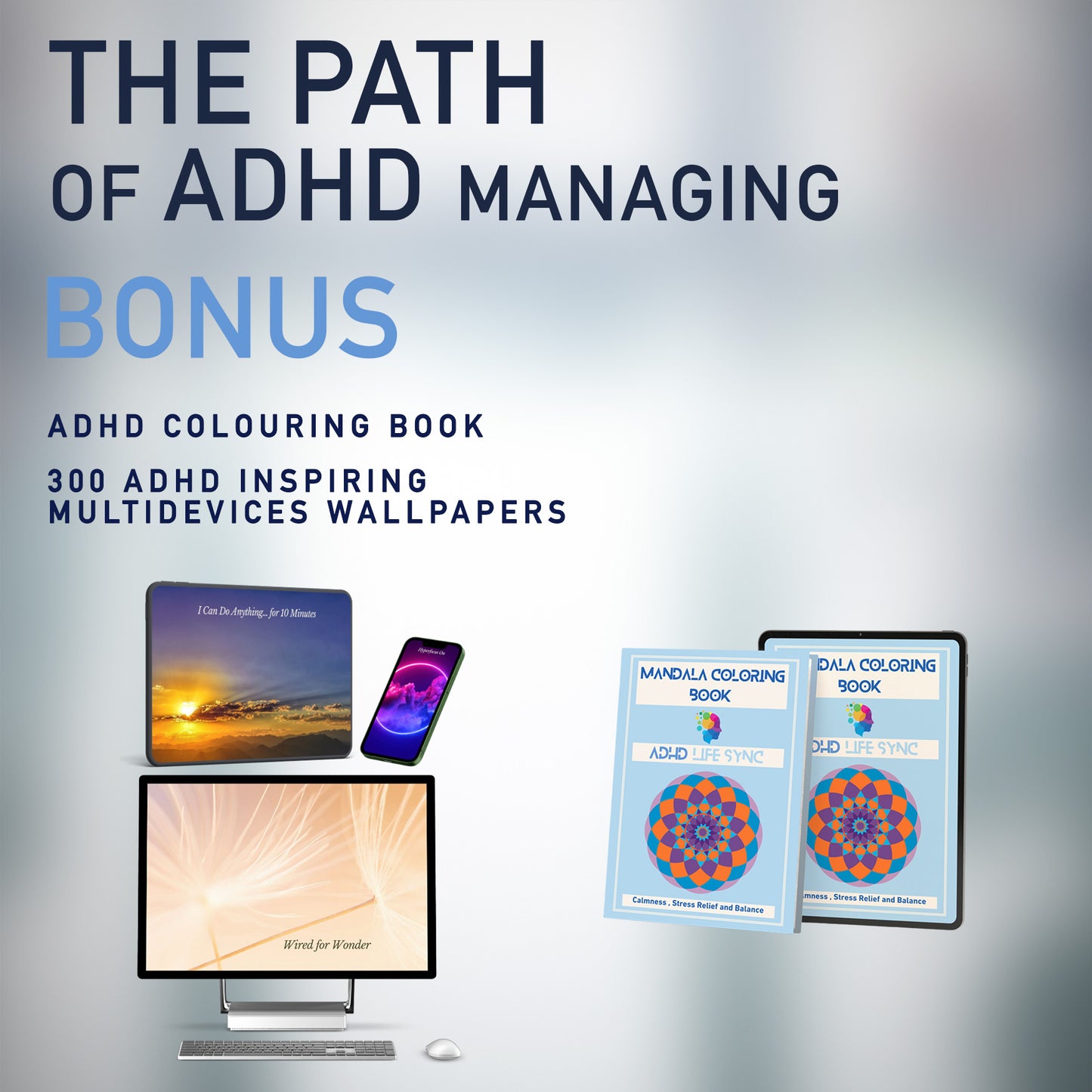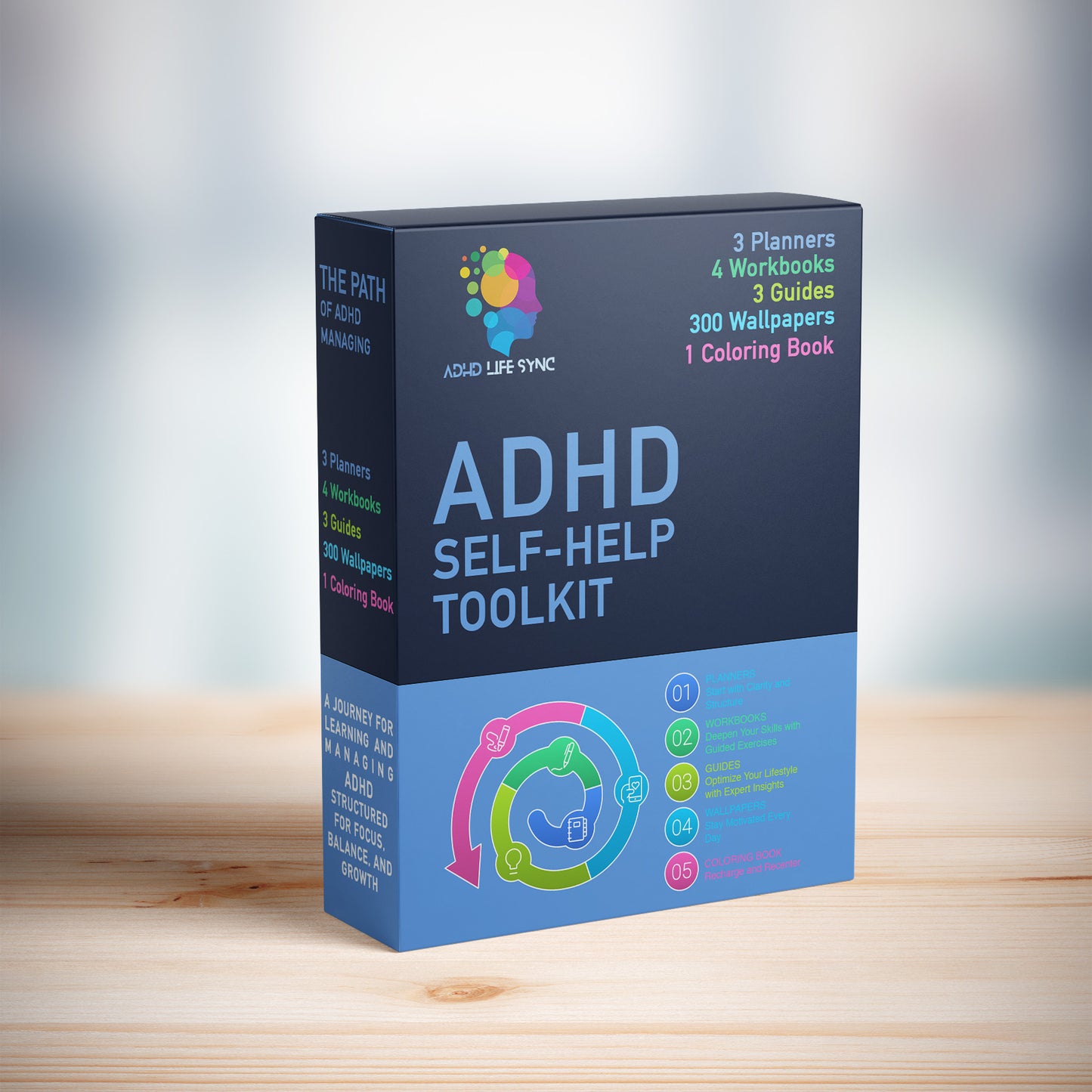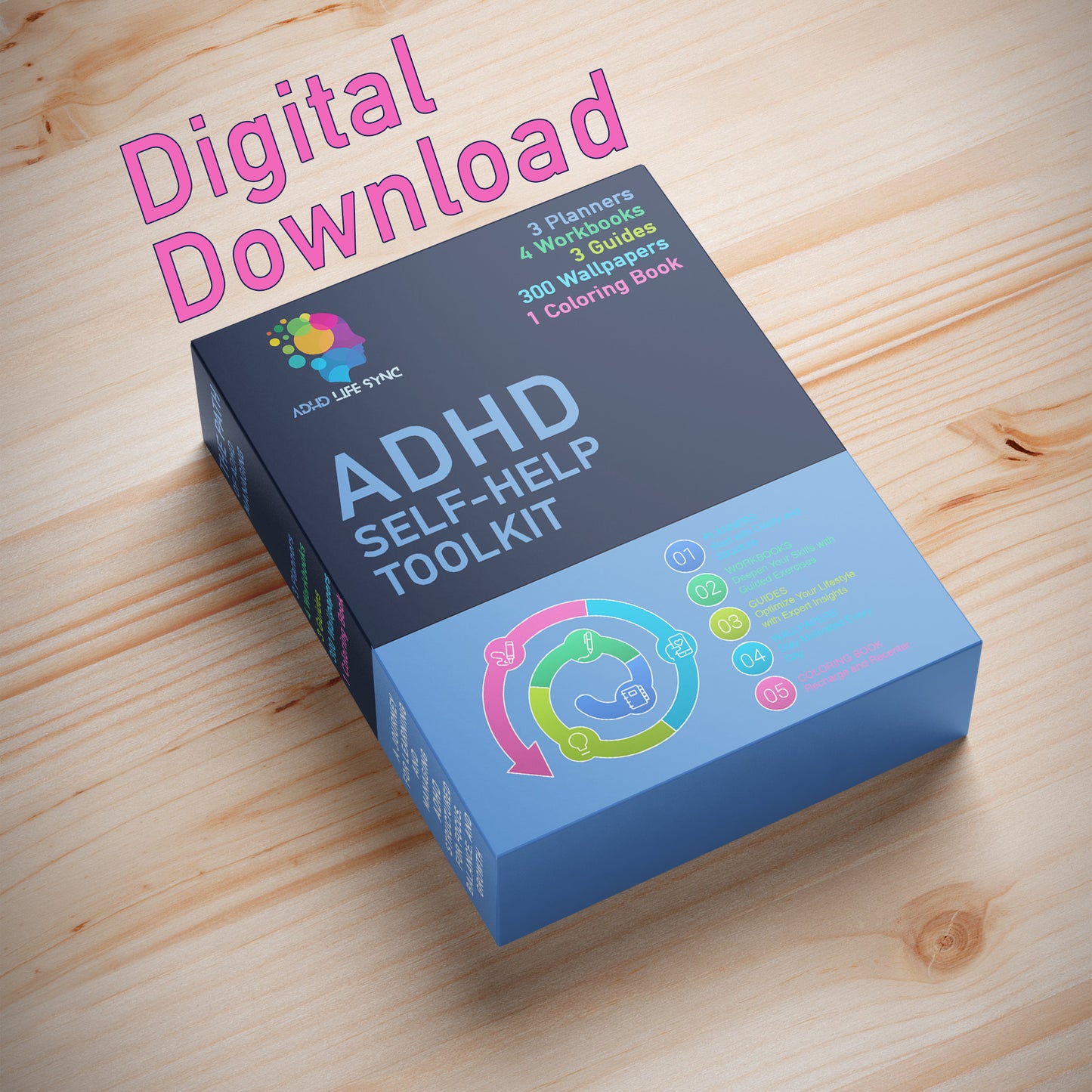
Adult ADHD Test: A Comprehensive Guide to the ADHD Quiz, Symptoms, and Next Steps
Do You Have Adult ADHD? Take the Test to Find Out
ADHD is often associated with children, but it is a condition that can persist into adulthood, affecting focus, organization, and everyday life. For many adults, the signs of ADHD were either overlooked or misunderstood in childhood, leaving them undiagnosed until later in life. If you suspect you might have ADHD, taking a self-assessment test can be an important first step in understanding your condition and seeking help.
Understanding ADHD in Adults
ADHD in adults presents differently than in children. While hyperactivity may decrease with age, inattentiveness, impulsivity, and restlessness often persist, posing challenges in personal and professional settings. Symptoms in adults may include:
- Difficulty staying organized or completing tasks
- Restlessness or impatience
- Forgetfulness or frequently misplacing things
- Trouble maintaining focus, especially on tedious tasks
- Impulsiveness, such as interrupting conversations or taking unnecessary risks
- Mood swings or irritability
- Struggles with time management and meeting deadlines
These symptoms can significantly impact relationships, career success, and overall well-being. If these challenges sound familiar, a test designed for adults can provide clarity and a pathway toward better management.
Why Take a Test for ADHD?
Many adults may dismiss their difficulties as mere personality traits or general stress. However, undiagnosed ADHD can lead to ongoing struggles that might be alleviated with proper support. A TEST helps you:
- Identify common ADHD symptoms
- Understand the likelihood of having ADHD
- Begin discussions with a healthcare professional about your concerns
Remember, a self-assessment test is not a diagnosis but a starting point. Diagnosis requires a comprehensive evaluation by a qualified professional.
The Science Behind ADHD in Adults
ADHD has its roots in childhood, even if it remains undiagnosed until adulthood. Research shows that ADHD is influenced by genetic and environmental factors, including:
- Family history of ADHD
- Differences in brain structure and function
- Premature birth or low birth weight
- Exposure to substances like alcohol or tobacco during pregnancy
Adults with ADHD often face additional challenges such as anxiety, depression, and difficulty maintaining relationships. Understanding the science behind ADHD can help reduce stigma and encourage individuals to seek help.
The Assessment Process
If the results of this ADHD test for adults suggest symptoms of ADHD, it’s important to consult a qualified professional for further evaluation. Remember: This ADHD quiz is not a diagnostic tool. An official diagnosis of ADHD can only be made by a qualified psychologist or psychiatrist.
Typically, the evaluation of symptoms by a professional involves several key steps to thoroughly analyze the situation. These may include:
- Symptom Evaluation: Reviewing present symptoms, such as difficulty completing tasks, organizing responsibilities, remembering appointments, or managing restlessness, as identified in the self-assessment test.
- Childhood History: Verifying the presence of ADHD symptoms during childhood, as this condition does not develop for the first time in adulthood.
- Behavioral Patterns: Examining tendencies such as avoiding or delaying mentally demanding tasks or feeling "driven by a motor," to establish consistent patterns of inattentiveness or hyperactivity.
- Interviews and Reports: Gathering input from family, friends, or school records to corroborate symptoms and understand their long-term impact.
- Exclusion of Other Conditions: Ensuring that symptoms are not due to other mental health issues, life circumstances, or physical conditions.
Living with ADHD as an Adult
ADHD is not a life sentence to chaos. With the right strategies, adults can learn to manage their symptoms effectively. Common approaches include:
- Using tools like planners, reminders, and digital apps for organization
- Engaging in regular physical activity to reduce restlessness
- Seeking therapy or counseling to improve emotional regulation
- Joining support groups to connect with others facing similar challenges
Medication and behavioral therapy may also be recommended by professionals to further alleviate symptoms.
Take the First Step Today
If you’ve been wondering whether your struggles with focus, organization, or impulsivity might be due to ADHD, don’t hesitate to take the test. It’s a simple, quick way to assess your symptoms and decide whether to seek further evaluation.
Understanding ADHD can lead to transformative changes in your life. Begin your journey today—take the test and unlock the tools and resources that can help you thrive.
Ready to learn more about ADHD? Explore our resources at ADHD Life Sync for expert guides, workbooks, and planners designed to support your journey. Take the test now to take control of your future!

